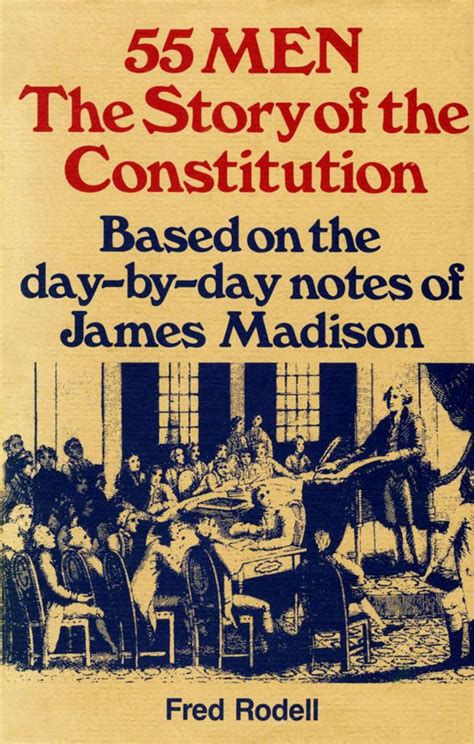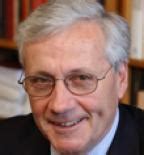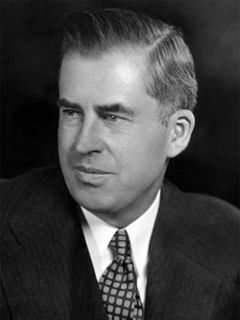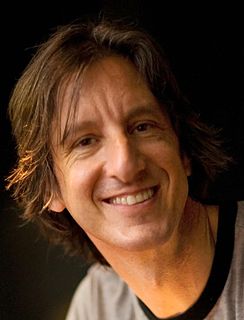A Quote by Woodrow Wilson
Jefferson's Declaration of Independence is a practical document for the use of practical men. It is not a thesis for philosophers, but a whip for tyrants; it is not a theory of government but a program of action.
Related Quotes
It is a mistake to think of these men as visionary dreamers, playing around at Philadelphia with abstract conceptions of political theory, pulling a whole scheme of government out of the air like a rabbit out of a hat. True, many of them had read and studied enough about the science of politics to put the average statesman of today to shame. But political science was to them an extremely practical topic of discussion, dealing with the extremely practical business of running a government--not, as today, a branch of higher learning reserved for the use of graduate students.
We should remember that the Declaration of Independence is not merely a historical document. It is an explicit recognition that our rights derive not from the King of England, not from the judiciary, not from government at all, but from God. The keystone of our system of popular sovereignty is the recognition, as the Declaration acknowledges, that 'all men are created equal' and 'endowed by their Creator with certain unalienable Rights.' Religion and God are no alien to our system of government, they're integral to it.
When Thomas Jefferson wrote the Declaration of Independence, declaring that all men were created equal, he owned slaves. Women couldn't vote. But, throughout history, our abolitionists, suffragettes, and civil rights leaders called on our nation, in reality, to live up to the nation's professed ideals in that Declaration.
Nothing manifests more persuasively the American contradiction than that the author of the Declaration of Independence, a slave owner, wrote an antislavery clause into the document - as if to compel himself to be better than he was - which then had to be edited out so the Southern states, including Thomas Jefferson's own, would sign it.
Our submission to general principles is necessary because we cannot be guided in our practical action by full knowledge and evaluation of the consequences. So long as men are not omniscient, the only way in which freedom can be given to the individual is by such general rules to delimit the sphere in which the decision is his. There can be no freedom if the government is not limited to particular kinds of action but can use its powers in any ways which serve particular ends.
Does being practical mean we prop up a legal system that's unfair, that bears its weight down on black men and black women, and by extension if you are Hispanic or indigenous or poor? Does being practical mean you don't say to the American people you deserve better than you're getting? That's not the practical we want.
True Americanism is practical idealism. Its aims, instead of being materialistic and mechanical, are idealistic to the point of being Utopian. In this way, the U.S. can provide and express ideals that strike a chord in humans everywhere - a declaration of independence on behalf of all the peoples of the world.
































